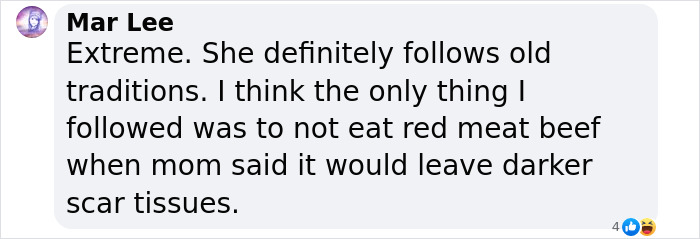A woman wrapped in a large plastic bag after being discharged from a hospital following childbirth sparked debate about traditional post-partum practices in China. Facing sub-5-degree temperatures, the woman explained that the bag, suggested by her mother, shielded her from the wind, reflecting the Chinese tradition of “sitting the month” (zuo yue zi) to protect new mothers from exposure and ensure recovery.
The curious sight of a woman in China wrapped in a large plastic bag postpartum gained traction on social media, after a video of her went viral.
A Chinese woman was seen wrapped in plastic after giving birth
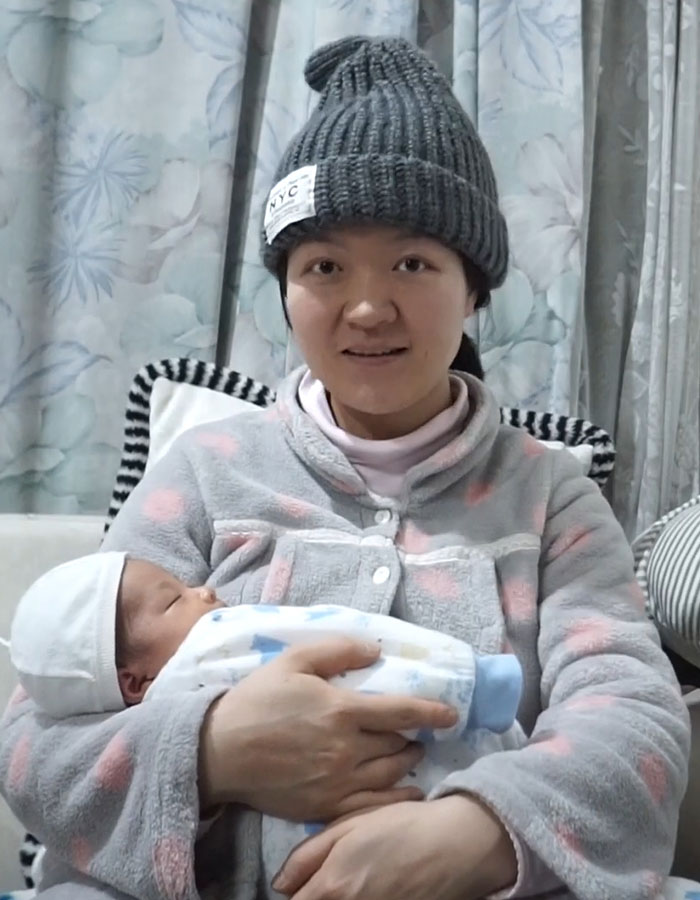
The woman, whose identity has not been revealed, was filmed on December 10 by a passerby as she covered her body from head to toe with a huge plastic bag while walking outside to shield herself from the wind.
At the time, the new mom was already dressed in a long, thick down jacket, Tide News reported, as per the South China Morning Post (SCMP).
According to reports, the woman was standing outside the hospital in which she had just given birth.

The hospital in question, located in Dalian in northeastern Liaoning province, China, was reportedly experiencing temperatures below 5 degrees.
The new mom told reporters at the time: “I just gave birth to a baby and I am quite weak. I don’t want to be blown by the wind.”
“My mother thought of this idea of using the plastic bag to keep out the wind. It is such a good choice because it is cheap while it works well in shielding the wind,” she added.
Being wrapped in plastic is a way to shield against the wind, according to traditional practices
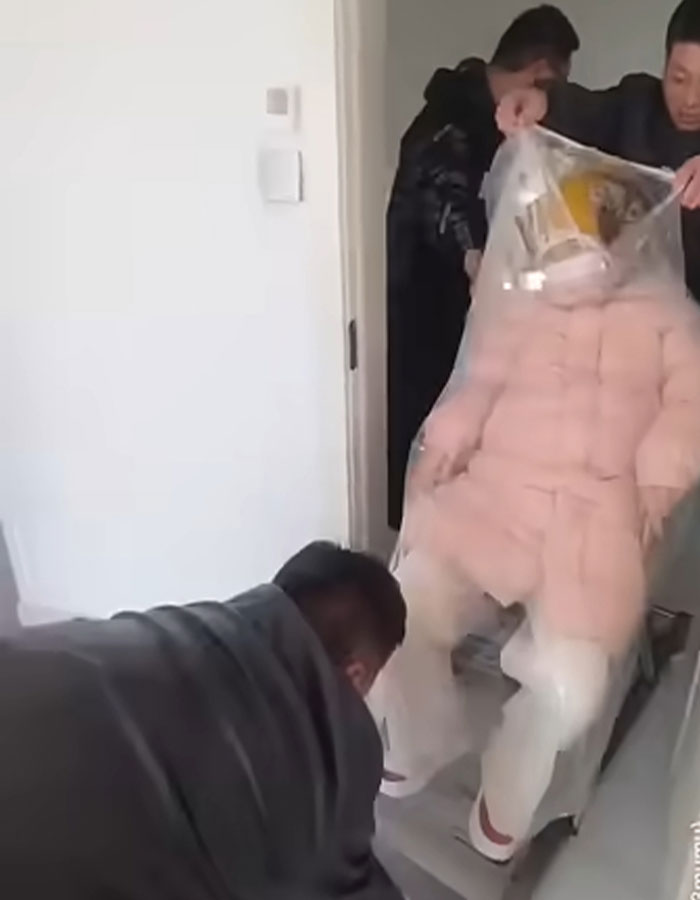
Preventing new mothers from being exposed to the wind is one of the traditional caring practices in China during the one-month-long postpartum period, the SCMP reported on Saturday (December 28).
According to the Chinese publication, new mothers in China are advised to adhere to a strict postpartum confinement and care strategy known as “zuo yue zi” in Chinese, or “sitting the month,” to ensure proper rest and recovery after giving birth.
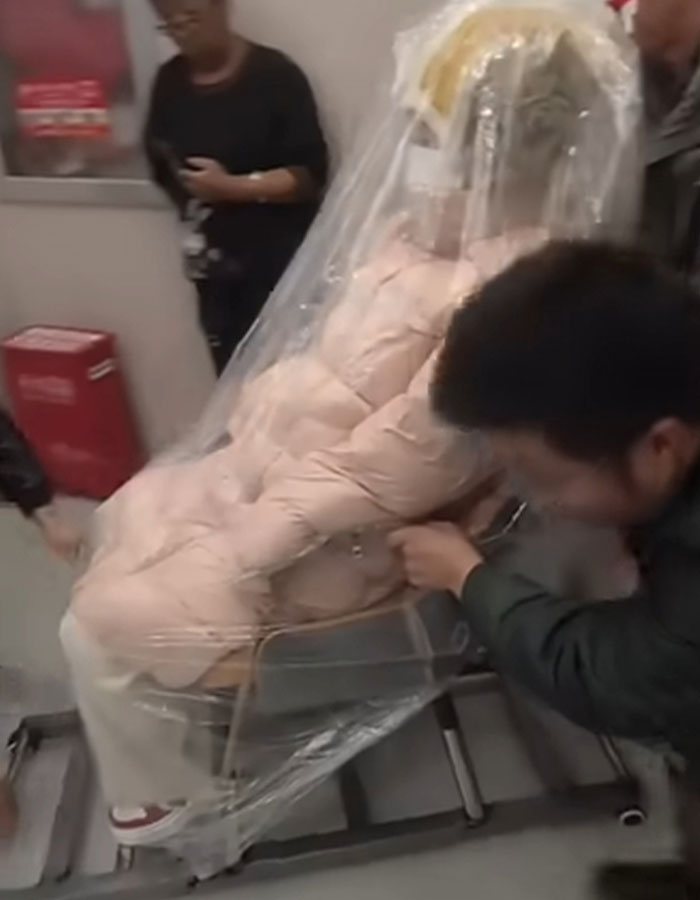
Prohibited activities during this period include showering, washing hair, brushing teeth, being exposed to the wind, lifting heavy objects, eating fruits, and consuming salty food, as per the SCMP.
These restrictions are reportedly based on the long-held belief that failure to keep warm, rest adequately, or eat properly post-delivery may lead to long-term health issues such as headaches, dizziness, backaches, and heel pain.
While some studies suggest that aspects of this practice, like increased rest and a nutrient-rich diet, may benefit physical recovery and prevent chronic illness, the scientific evidence is limited.
New mothers are required to follow strict rules upon being discharged from the hospital
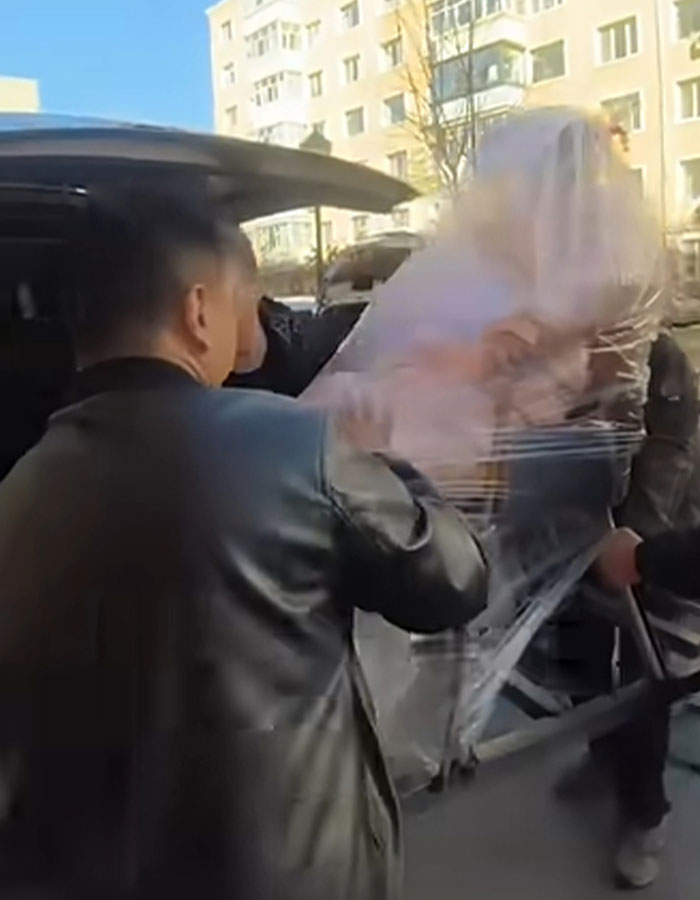
For instance, a study published in the Journal of Clinical Nursing found that “zuo yue zi” is popular among Chinese mothers and is used to facilitate physical recovery and prevent chronic illness.
However, many of the specific restrictions lack scientific backing, and some may even be counterproductive.
For example, avoiding fruits and salty foods contradicts modern nutritional advice that emphasizes a balanced diet for new mothers.
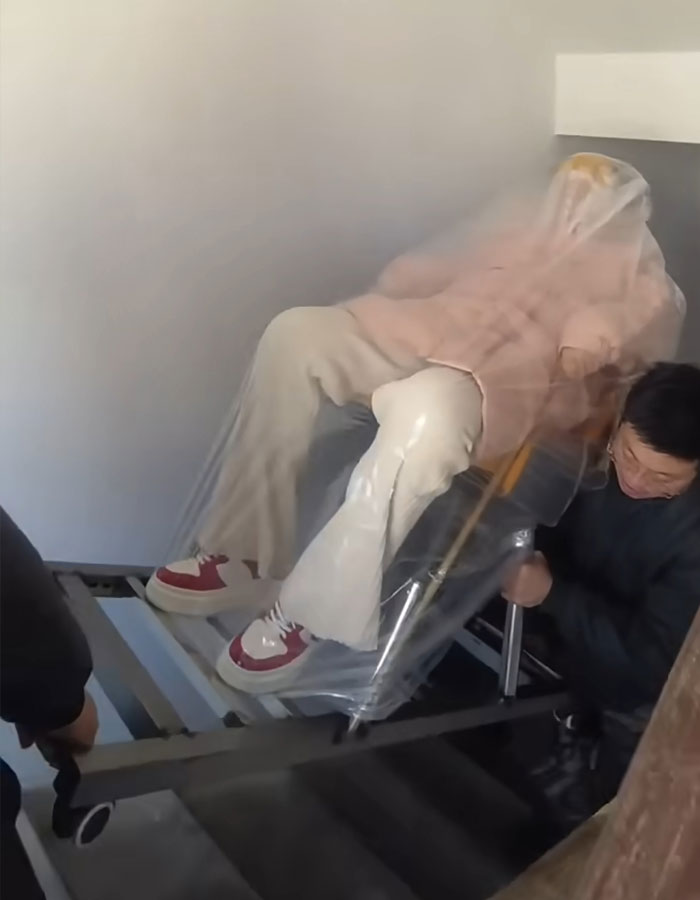
Therefore, while certain elements of “zuo yue zi” may offer benefits, many of its practices are not supported by scientific evidence and may not be advisable.
“The first thing is that you can’t wash. The second thing is that the food is so bland. But you really have to persist, and it’s very difficult,” Wu Lili, a mother who had just given birth, told NPR in 2011.
These traditional practices are called “zuo yue zi” (sitting the month)
Zhao Zixiang, Wu’s doctor of traditional Chinese medicine, explained at the time: “Chinese people are most concerned about balancing yin and yang, in all things.
“If the yin and yang in your body are balanced, you won’t get sick. If they’re out of balance, it’s easy to get sick.”
The “sitting the month” practice is deeply embedded in Chinese culture. It was even mentioned in the 2,000-year-old Book of Changes, or I-ching, NPR reported.
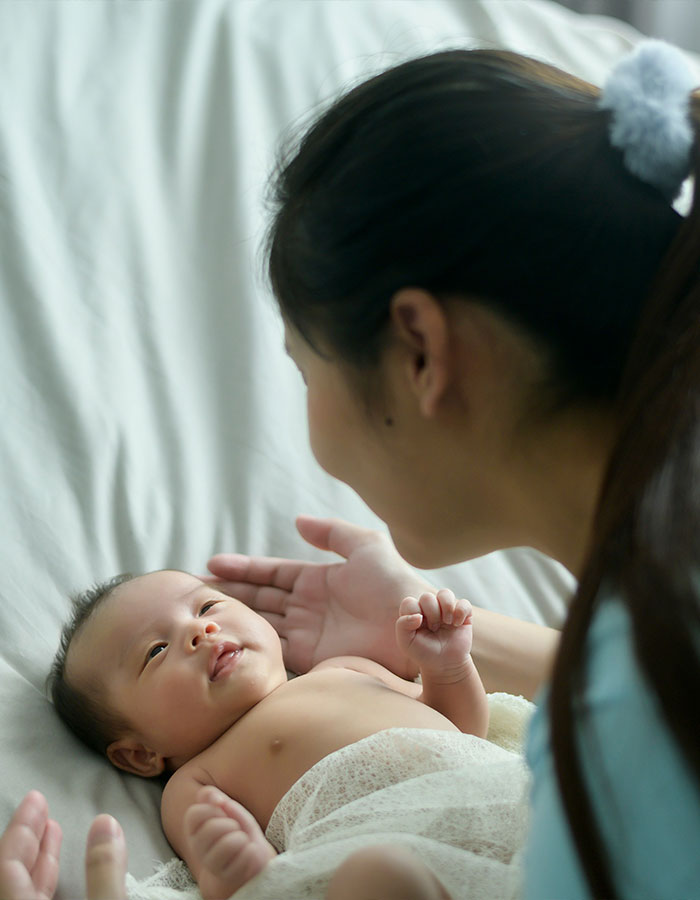
Over time, “zuo yue zi” has modernized itself, with businesses profiting from the tradition.
Instead of being at home, Wu went straight from the hospital to a super luxurious confinement center that costs roughly $500 a day.
There, she benefitted from 24-hour-a-day supervision from trained nurses, a nutritionist, doctors on call to diagnose every baby sniffle, and someone ensuring that the rules were followed at all times.
This retainment of tradition was seen as “extreme” by some netizens







